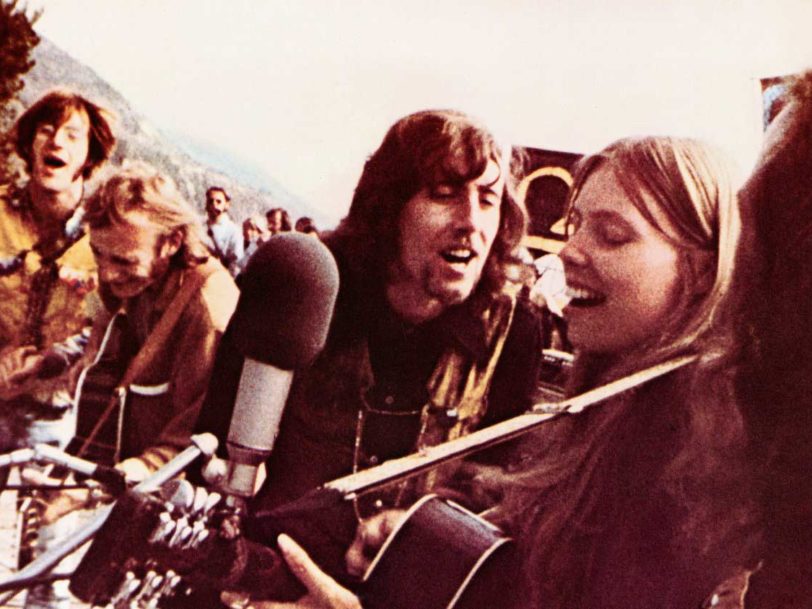In rock’n’roll terms, 1971 doesn’t have the cultural cachet of, say, 1967’s Summer Of Love or 1977’s Year Zero – the latter a period in which punk blazed a trail through both music and society. However, as Apple TV+’s eight-part docuseries 1971: The Year That Music Changed Everything reveals, it was still a pivotal year for popular music – as the best albums of 1971 prove.
The new series was inspired by David Hepworth’s book, Never A Dull Moment: 1971 The Year Rock Exploded. The author is on record as saying the early 70s “were the most febrile and creative time in the entire history of popular music”, and that 1971 in particular was “the most innovative, most interesting and longest-resounding year of that era”. Having closely examined the evidence, we can only concur as we present the ten most influential albums of that year.




